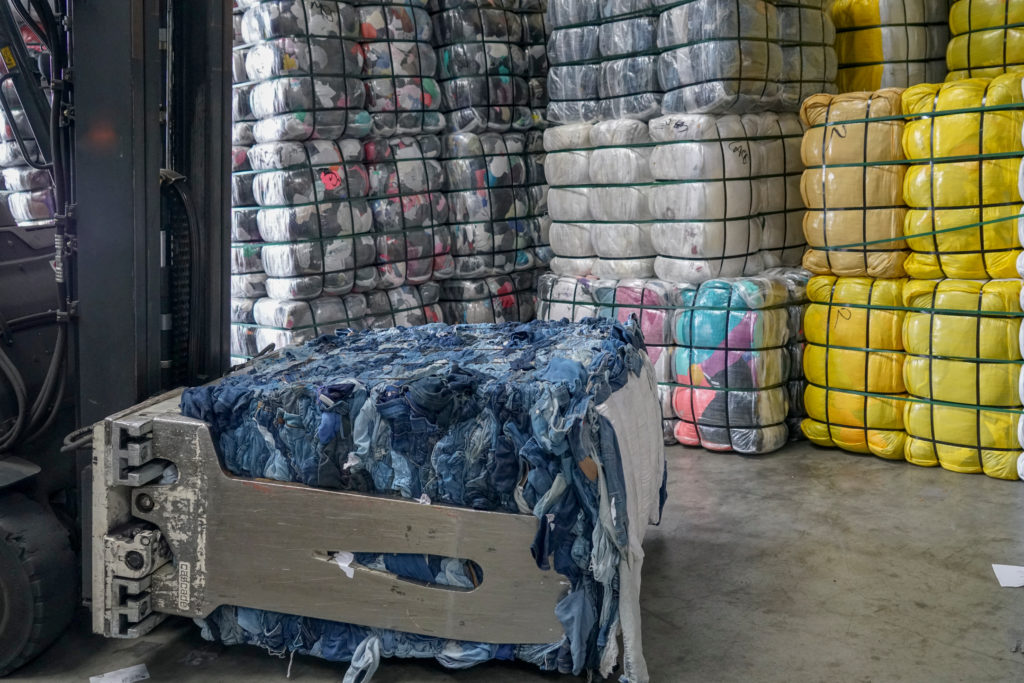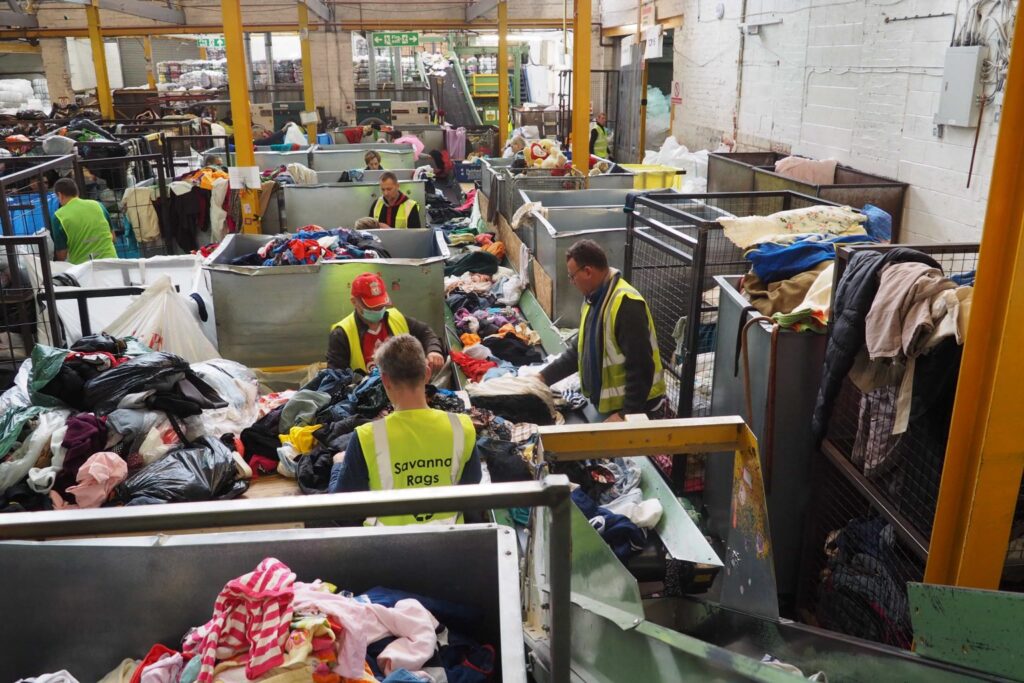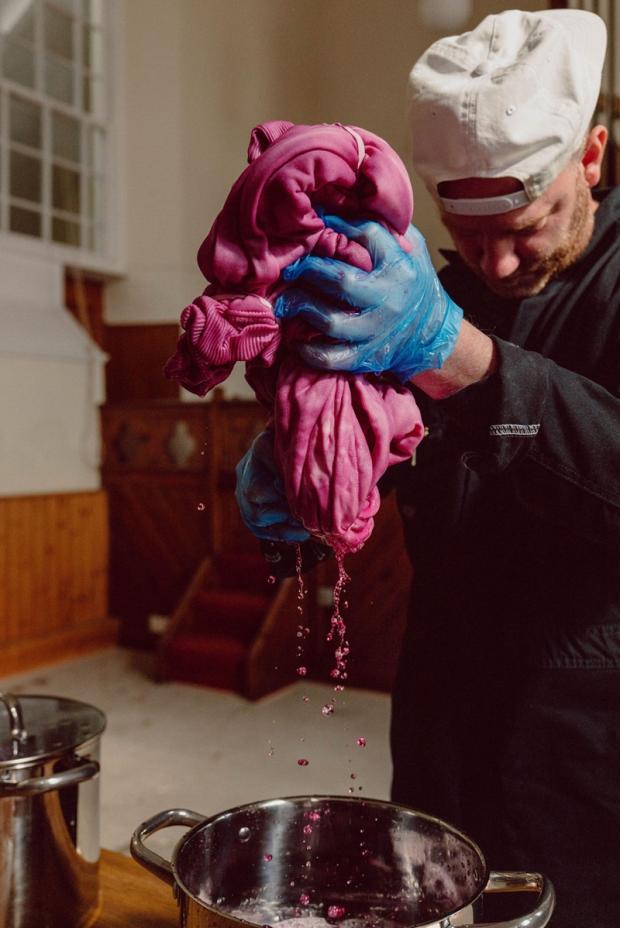The consultation ran between 2 March and 27 April 2023 and came on the back of recent additions to the UN’s Stockholm Convention on POPs which the UK, as party to the Convention, must implement at a national level.
In the consultation, Defra asked about amending its regulations to add or update various POPs limits and adding new chemicals. This includes Perfluorohexane sulfonate , often used in stain-resistant fabrics and Perfluorooctanic acid, used in textiles and non-stick kitchen items.
While Defra said the recycling of textiles waste “should not be disrupted”, the LGA warned that it would like more reassurance on this, warning of “significant consequences for councils”.
The association said: “Defra’s consultation paper sets out a conveyor belt of additions and restrictions to the list of chemicals classed as POPs. Everyday items such as carpets, non-stick pans, paints and textiles will come into the scope of the POPs regulations, and this will have significant consequences for councils in their capacity as collection and disposal authorities for household waste.”
Any change to the list of POPs should be treated as an additional burden
- LGA
Funding
The LGA also warned that the amendments to the POPs regulations will have cost implications for councils.
It explained that sending material containing POPs to specialised disposal routes will cost more than standard routes for household wastes.
“Councils need clarity on how these costs will be met. Any addition or change to the list of POPs should be treated as an additional burden on councils and properly funded,” the LGA added.
The LGA also said that given the growing number of chemicals registered as POPs and the “scale of the challenge” in finding safe disposal routes, Defra and the Environment Agency must involve the LGA “at an early stage” and work with local government on a structured implementation plan. This should be based on a “realistic view of costs and capacity”.
The LGA then called for a new relationship with Defra and the Environment Agency on the management of POPs in household waste. This could take the form of a jointly developed long term strategy for managing POPs in household waste.
POPs
The Environment Agency first announced in August 2022 that soft furnishings potentially contaminated with POPs, including any mixed loads containing these items, must be incinerated (see letsrecycle.com story).
The Agency warned at the time, while the guidance was effective immediately, it would undertake an assessment of compliance “across the sector” from 1 January 2023. This was later softened by the Agency, who said checks will take place in August (see letsrecycle.com story).









Subscribe for free